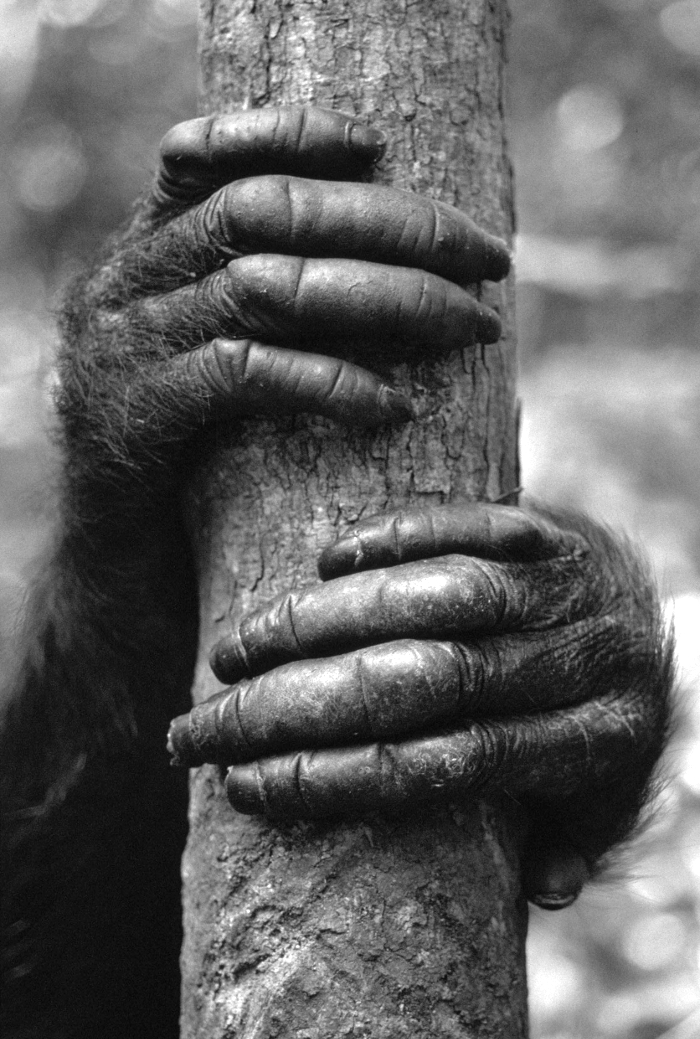Same-sex prevalence probed
 New research seeks to explain the frequent evolution of same-sex behaviour.
New research seeks to explain the frequent evolution of same-sex behaviour.
In a paper published in Nature Communications, international researchers propose that same-sex sexual behaviour has evolved repeatedly in mammals as a mechanism for enhancing social bonds and reducing conflicts.
The study delves into the widespread occurrence of same-sex sexual behaviour, spanning over 1,500 mammal species, including bonobos, chimpanzees, bighorn sheep, lions, wolves, and wild goats.
This behaviour appears across both male and female individuals and exhibits multiple independent origins.
Interestingly, it tends to emerge more frequently in species known for their social structures and instances of adult males targeting other adult males.
The research team suggests that same-sex sexual behaviour could be an adaptation designed to minimise the risk of violent conflicts and foster positive social relationships. However, they emphasise that these findings cannot be directly applied to humans. The study specifically focuses on short-term courtship and mating interactions rather than permanent sexual preferences.
The paper shows that the evolution of same-sex sexual behaviour is a complex topic with multiple potential explanations, necessitating further investigation.
Additionally, the authors acknowledge that the understanding of this behaviour in mammals may evolve as more species are studied in detail.








 Print
Print